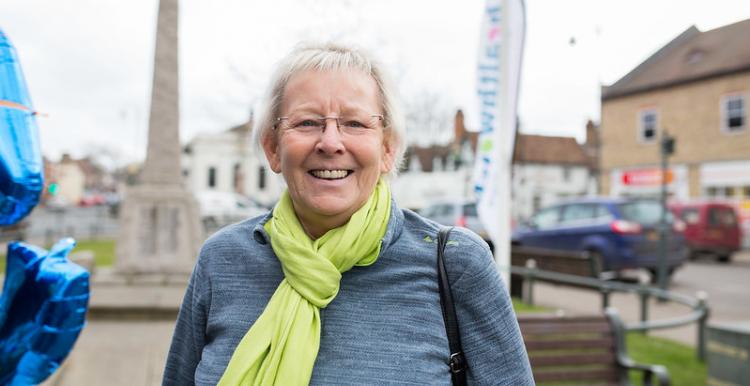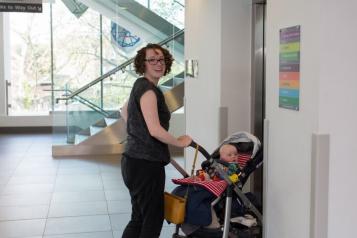Women's Health and wellbeing: have your say on how services can be improved.

The call for evidence will form the basis of a landmark government-led Women’s Health Strategy, to improve the health and wellbeing of women across England and place women’s voices at the centre of their care.
By better understanding women’s experiences, the government can ensure key parts of the health service are meeting women’s needs as they should be.
How to take part
The easiest way to respond is through the online survey Organisations and can also make written submissions. These submissions need to be made by email; postal submissions will not be accepted.
The six core themes included in the consultation are:
-
Placing women’s voices at the centre of their health and care:
-
How the health and care system engages with and listens to women at the individual level as well as at the system level.
-
-
Improving the quality and accessibility of information and education on women’s health:
-
Women having access to high quality information when they need to make a decision, increasing health literacy, as well as increasing awareness and understanding of women’s health conditions among clinicians.
-
-
Ensuring the health and care system understands and is responsive to women’s health and care needs across the life course:
-
Supporting women to maximise their health across their lives, and ensuring services are designed to maximise benefits for women.
-
-
Maximising women’s health in the workplace:
-
Deepening our understanding of how women’s health issues can affect their workforce participation and outcomes, both with regards to female-specific issues such as the menopause, but also conditions that are more prevalent in women such as musculoskeletal conditions, depression or anxiety.
-
-
Ensuring research, evidence and data support improvements in women’s health:
-
Inclusion of women and women’s health in research and data collection and how that information is used, and driving participation in clinical trials to support improvements in women’s health
-
-
Understanding and responding to the impacts of Covid-19 on women’s health:
-
Supporting women through the unique challenges they’ve faced during the pandemic
-
There is already strong evidence of the need for greater focus on women’s health:
-
Although female life expectancy is higher than men in the UK, women on average spend less of their life in good health compared with men. Female life expectancy in this country has been improving more slowly than male life expectancy since the 1980s.
-
Less is known about conditions that only affect women including common gynaecological conditions which can have severe impacts on health and wellbeing, but for which there is currently little treatment. A key example of this is endometriosis with the average time for a woman to receive a diagnosis being 7-8 years, and with 40% of women needing 10 or more GP appointments before being referred to a specialist.
-
There is also evidence the impact of female-specific health conditions such as heavy menstrual bleeding, endometriosis, pregnancy-related issues and the menopause on women’s lives is overlooked. This includes the effect they can have on women’s workforce participation, productivity, and outcomes.
-
High quality research and evidence is essential to delivering improvements in women’s health, yet studies suggest gender biases in clinical trials and research are contributing to worse health outcomes for women. Although women make up 51% of the population, there is less evidence and data on how conditions affect women differently. A University of Leeds study showed women with a total blockage of a coronary artery were 59% more likely to be misdiagnosed than men, and found that UK women had more than double the rate of death in the 30 days following heart attack compared with men.
The call for evidence is open until 23:45 on Sunday 13 June 2021.
Take part in the Women's Health consultation.


